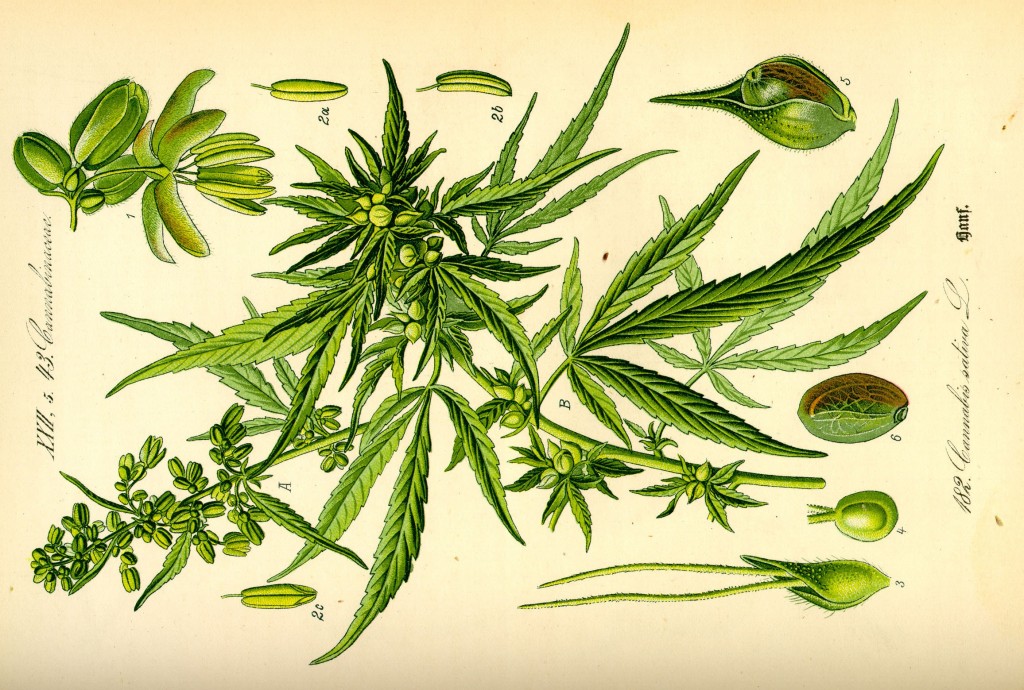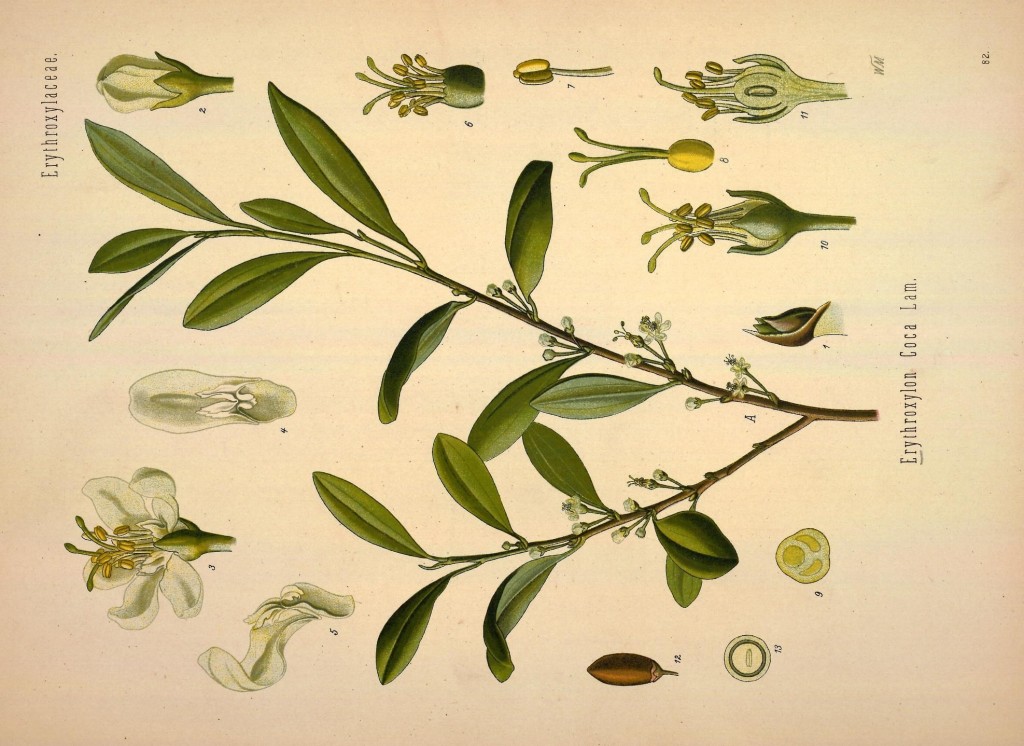As we celebrate the launch of our first print edition and reach the six month anniversary of our online magazine, we wanted to pay our respects to the magazines that have come before us charting everything from drug policy to culture, legal reform to harm reduction advice. This is the first in a series we will be presenting over the coming weeks where we look back at magazines past and present that have shaped the debate on drugs.
VolteFace is new, slick and modern. It’s made up of words, videos, music, but also of engagement, legislators, activists and writers. It’s an original platform to spread awareness and information – but it is by no means the first of its kind.
That drugs have always been a staple of mankind is a widely accepted truism, as is the notion that governments have long tried to stamp out drug use by ignoring the issue or violently pushing drug users to the edge of society. Many drug users have therefore had to learn to help themselves.
‘Nothing about us without us’ seems like a slogan that is too simplistic, almost too catchy, to truly mean anything. Yet, to generations of people fighting marginalisation – from sex workers to disability activists – it has come to signify a great deal. As it often happens in instances of injustice, inaction by the authorities pushes the victims to lead reform. VolteFace follows in the footsteps of a long series of platforms that put users at the forefront of change for a more humane attitude to drug use and drug reform.
ASUD
The French ASUD (acronym for Auto-Support des Usagers de Drogues, Drug Users Self-Support) is a comprehensive website, where advice on how to spot impure drugs is interspersed with cartoons and bright graphics. Founded in the early 1990s, it has remained active for a quarter of a century. Today, flashy ads ask visitors if they think they might have become addicted to heroin, before displaying phone numbers for France-wide support groups. With hundreds of pieces on politics and legislation, ASUD is a rock-solid staple in the French drug debate landscape.
The Canadian French Injecteur online platform serves a similar purpose, providing brutally honest answers to questions many drug users may be too afraid to ask. Like ASUD, Injecteur is a kind of WebMD for those who need clear and concise drug advice: how to dispose of a used syringe without endangering others, or the environment; how to use again safely while recovering from an overdose. The importance of these online spaces should not be underestimated, nor seen as attempts of ‘normalising’ drug use. On the contrary, they are the users’ community’s tools of survival – harm reduction through experience.
Black Poppy
A towering presence in the drugs magazine landscape, Black Poppy appeared on the streets of London 1998 and was distributed in print for over a decade, before moving online as a platform with advice and features for drug users.
Erin O’Mara, its creator and longtime editor, is a brisk but warm Australian who has spent decades campaigning for reform in the drug landscape – from public opinion of drug users to the language used to describe them:
“[I use] the acronym ‘PWUD’, for ‘people who use drugs’ – it’s the lingo we finally got the UN and WHO to accept, and what we encourage amongst those who engage in drug reform.”
The original Black Poppy magazine featured original writing by drug users, including interviews and drug-related personal accounts. The last print issue, in 2011, featured an interview with Sebastian Horsley, the controversial, proudly drug-addled artist; it also told the story of a 13-year-old girl’s struggle with her parents’ addiction, and discussed the advancements made by the INPUD (International Network Of People Who Use Drugs).
Today’s online Black Poppy is not for the faint-hearted. It contains sections such as the ‘A-Z of Help’ – a list of articles on abscesses, stimulant-inducing skin picking and overdoses – as well as longer features on the pros and cons of mixing citric acid with heroin, or the dangers of ordering drugs over the internet. The online version of Black Poppy is graphic, raw, and absolutely necessary. The print publication was crucial to drug users too, but in another way. As O’Mara says, it was a platform to
“showcase some of the incredible work that drug using communities are doing across the world… people don’t think ‘junkies’ have anything to offer society unless they are a ‘reformed and recovered’ user.”
Injecteur, ASUD and Black Poppy have been edited by former or current drug users; they are filled with articles, drawings and graphics by voluntary contributors whose experiences with drugs have informed their work. Injecteur pays for submissions: a cover designer can make CAD$200 (£102), and a writer CAD$65 (£32). To individuals who are used to being stigmatised, recognition of their work can be extremely important.
VolteFace’s moment
‘Volte-face’ is French for ‘U-turn’. It signifies a change of heart, but also a sudden turn around, a swift change of direction. VolteFace aims at changing perceptions, at reigniting the drug reform debate that has reached an absurd stalemate in an ever-shifting, progressive world.
VolteFace is following in the footsteps of publications that have looked beyond law and punishment to effectively deal with the complex realities of drug users. Like Black Poppy, VolteFace aims to give a voice to members of society that have been forgotten; but it also purports to change people’s perceptions of drug policies, the war on drugs, and the steps towards much needed reform. Similarly to the French ASUD, VolteFace presents an array of information and opinion that keeps the debate on drugs alive and relevant.
It is impossible to quantify how many drug users – potential, seasoned or new – have found comfort, solace or life-saving advice through harm reduction websites and publications. In an ideal world, drug users would be put at the centre of the solution, providing advice and care with the support of the authorities. Until this ideal world replaces our current one, ‘nothing about us without us’ will remain the guiding principle for a more inclusive and compassionate approach to drug reform.
Laura Gozzi is one of our regular writers. Tweets @lauragozzilla


